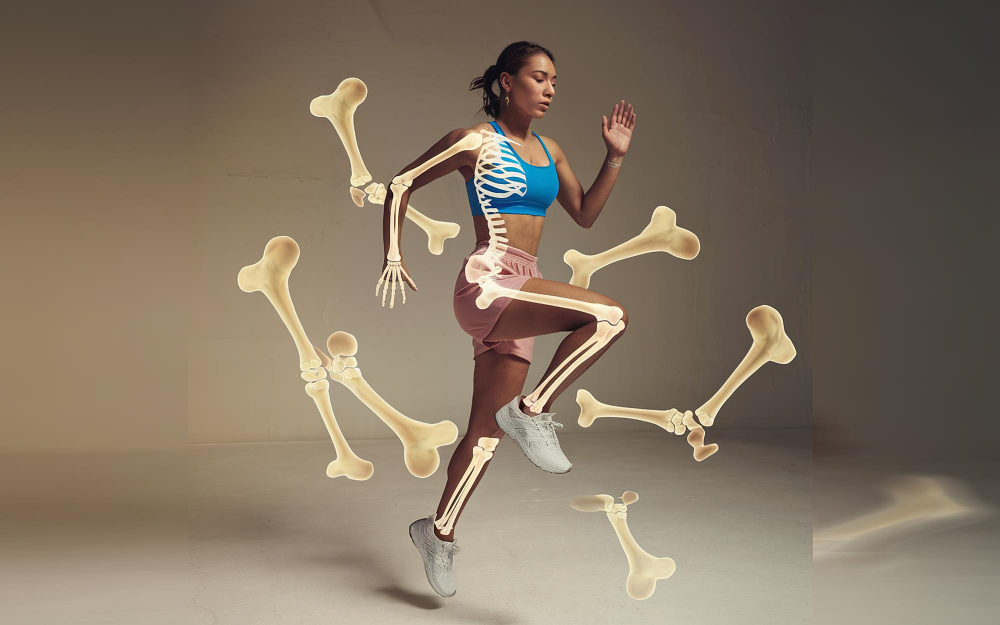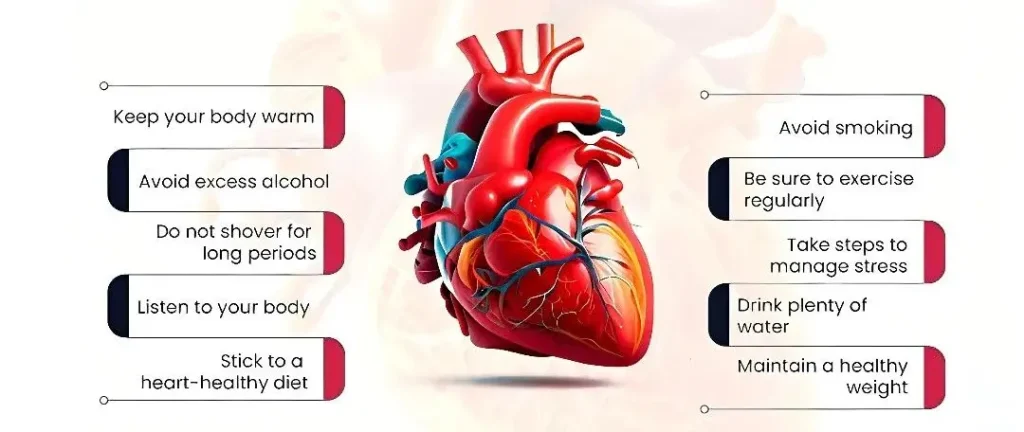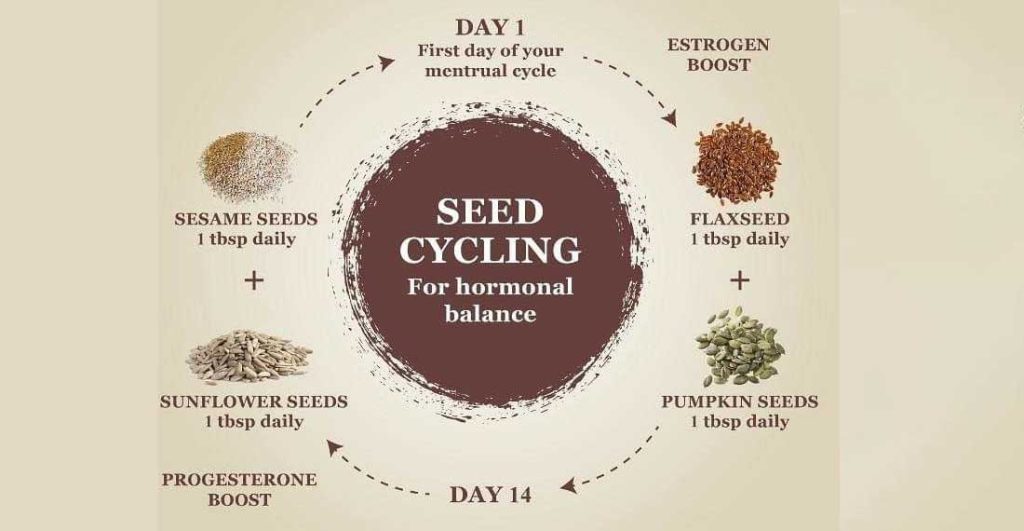
When it comes to bone health, most people immediately think of calcium and vitamin D. They’re often seen as the ultimate duo for strong bones and healthy joints. But here’s the truth: calcium and vitamin D can’t do their job effectively without their often-overlooked partner — Vitamin K2. Without K2, calcium may end up in the wrong places like your arteries or soft tissues instead of your bones, leading to stiff joints, weak bones, and even heart problems.
At Oxford Hospital, Jalandhar, we believe awareness is the first step toward prevention. Let’s uncover how Vitamin K2 plays a crucial role in maintaining your bone and joint health — and why most Indians are missing out on it.
What Exactly Is Vitamin K2?
Think of Vitamin K2 as your body’s “calcium traffic controller.” It directs calcium to the right destinations — your bones and teeth — and keeps it away from places where it can cause harm, like arteries, kidneys, and joints. Without adequate Vitamin K2, calcium may deposit in your arteries, making them stiff and leading to cardiovascular risks. In simple terms, K2 ensures that your calcium “parks” in the right spot, keeping your bones strong and your joints flexible.
How a Lack of Vitamin K2 Affects Your Joints
When your body doesn’t get enough Vitamin K2, several silent problems can begin to develop — especially if you’re taking calcium supplements.
- Calcium may not reach your bones properly: You may think you’re strengthening your bones by taking calcium, but without K2, much of it doesn’t get absorbed where it’s needed. It’s like ordering a meal online only for it to be delivered to your neighbor!
- Increased risk of joint pain and arthritis: Weak bones put extra pressure on your joints, making them prone to wear and tear. This often leads to knee pain, stiffness, or early signs of osteoarthritis.
- Calcium buildup in the wrong areas: Instead of strengthening bones, calcium can end up forming deposits in your arteries, kidneys, and joints, leading to stiffness and discomfort. Over time, this can also increase your risk of heart disease and kidney stones.
Why Indian Diets Often Lack Vitamin K2
Most Indians unknowingly suffer from a Vitamin K2 deficiency, not because our diets are poor in nutrition, but because our modern eating habits have changed drastically.
Traditionally, our grandparents ate more natural, fermented, and grass-fed foods, which were rich in Vitamin K2. But today, the situation is very different:
- Fermented foods are missing: Foods like natto (fermented soybeans), sauerkraut, and traditional pickles are rarely part of our diets anymore.
- Dairy quality has declined: Modern dairy products come from grain-fed cows, which contain less Vitamin K2 compared to grass-fed ones.
- Processed foods dominate: Packaged and processed foods, which make up a large part of modern diets, contain almost no Vitamin K2 at all.
As a result, even if you’re taking calcium and vitamin D, your body may still be missing the vital K2 link needed to keep your bones and joints healthy.
How to Boost Vitamin K2 for Stronger Bones and Healthier Joints
The good news? You don’t need fancy supplements or rare foods to fix the problem. With just a few simple dietary tweaks, you can naturally increase your Vitamin K2 intake and protect your bones for the long run.
- Desi Ghee:
The golden goodness in every Indian kitchen! Traditional cow ghee is one of the richest natural sources of Vitamin K2. It also helps your body absorb fat-soluble vitamins like D and E. - Egg Yolks:
Stop tossing those yolks! They’re loaded with Vitamin K2, which supports bone and cardiovascular health. - Paneer and Curd:
These dairy delights not only provide calcium but also contain small amounts of Vitamin K2, making them a perfect combination for bone strength. - Green Leafy Vegetables:
While they primarily contain Vitamin K1, your body can convert some of it into K2. So, eating spinach, mustard greens, or kale regularly can still be beneficial. - Fermented Foods:
Traditional dishes like idli, dosa batter, and homemade pickles contain beneficial bacteria that promote natural K2 production in your gut.
Don’t Let Your Bones Down — Balance Calcium with K2
Strong bones aren’t built by calcium alone. Without Vitamin K2, even the best supplements can work against you. Over time, misplaced calcium can lead to joint stiffness, bone pain, and heart issues. The key to healthy knees and joints lies in maintaining the right balance between Calcium, Vitamin D, and Vitamin K2.
At Oxford Hospital, Jalandhar, our orthopedic and nutrition experts emphasize the importance of a holistic bone health approach — combining the right nutrients, lifestyle choices, and early screening for bone and joint disorders.
So next time you enjoy your favorite paratha, don’t skip that spoonful of ghee — your bones and knees will thank you!
Visit Oxford Hospital, Jalandhar
For personalized guidance on bone health, knee pain, or calcium management, visit Oxford Hospital, Jalandhar — where we combine expert care with the latest medical advancements to help you stay active and pain-free.
SEO Meta Title:
“Vitamin K2: The Missing Link for Bone & Joint Health | Oxford Hospital Jalandhar”
SEO Meta Description:
“Calcium alone isn’t enough for strong bones. Learn how Vitamin K2 supports bone and joint health, prevents stiffness, and keeps your knees strong — by Oxford Hospital Jalandhar.”
Suggested Keywords:
- Vitamin K2 and bone health
- Calcium for knee pain
- Best hospital for joint pain Jalandhar
- Prevent arthritis naturally
- Oxford Hospital Jalandhar


